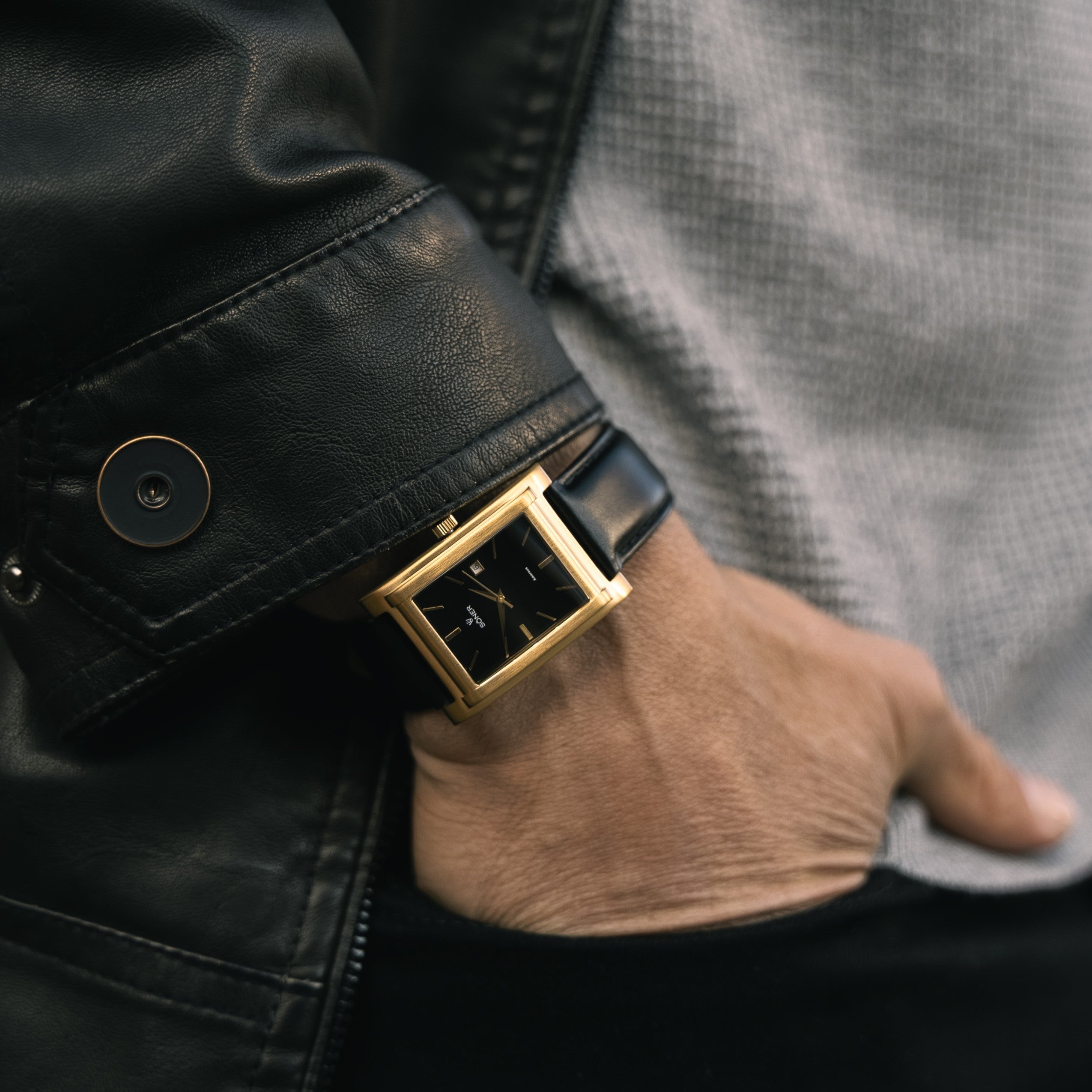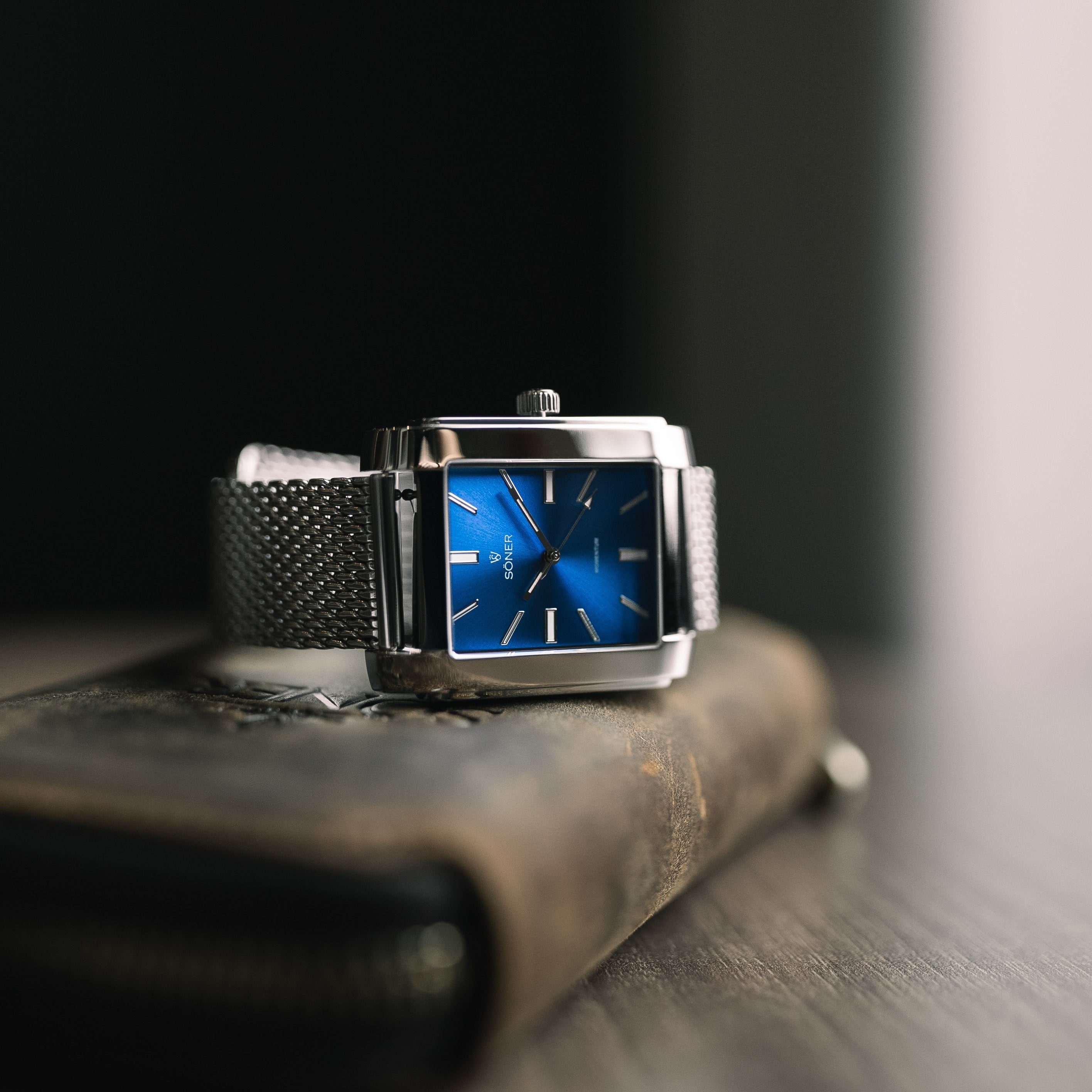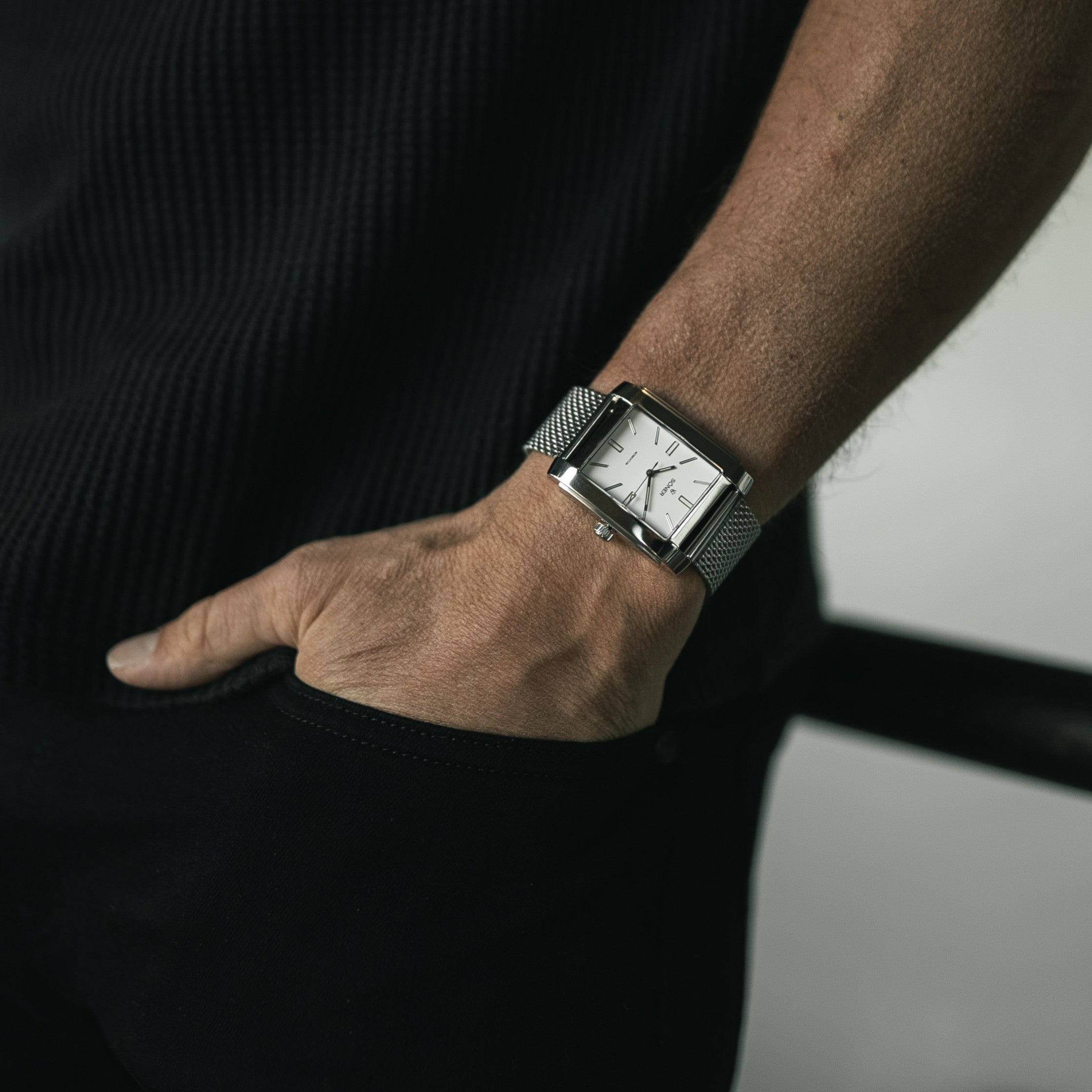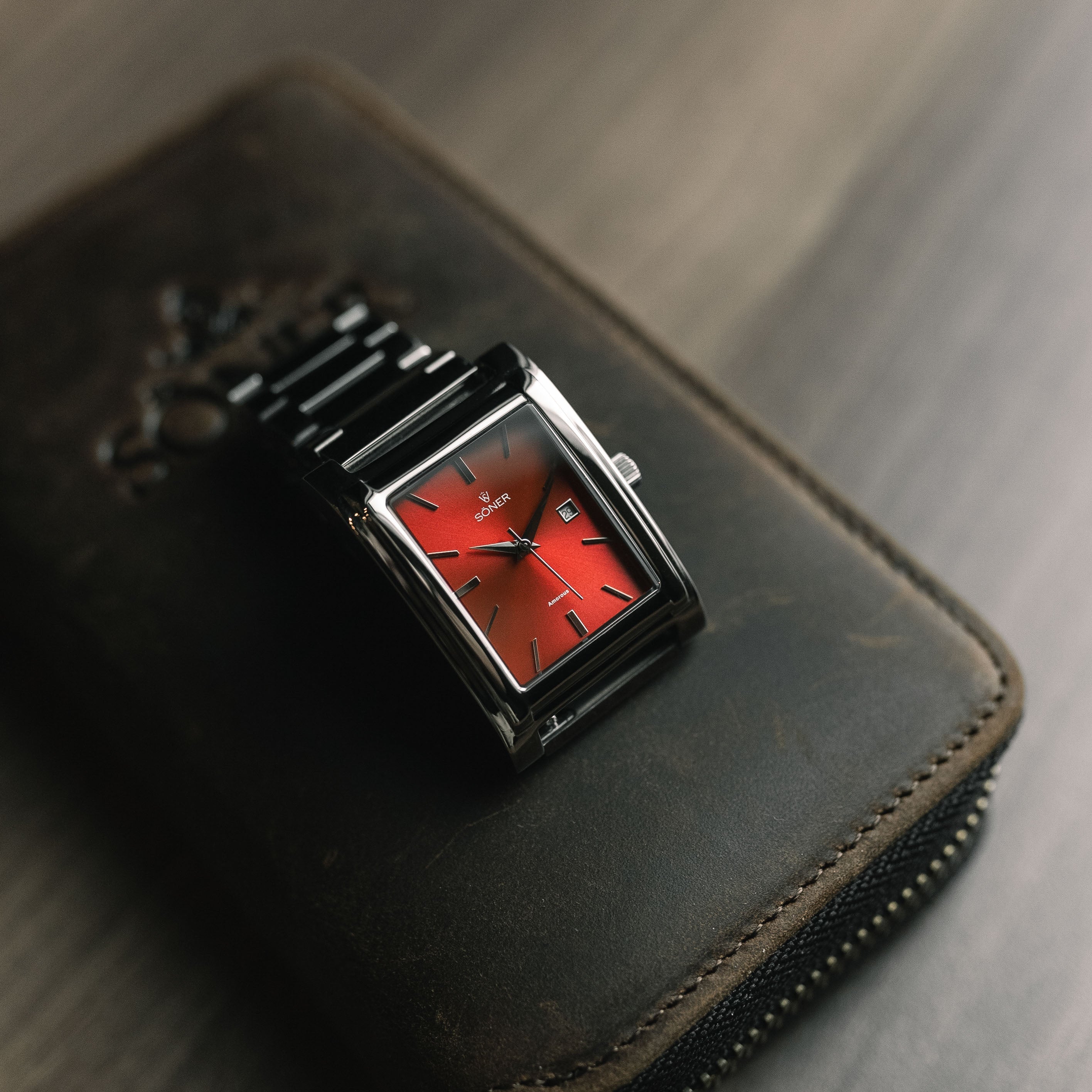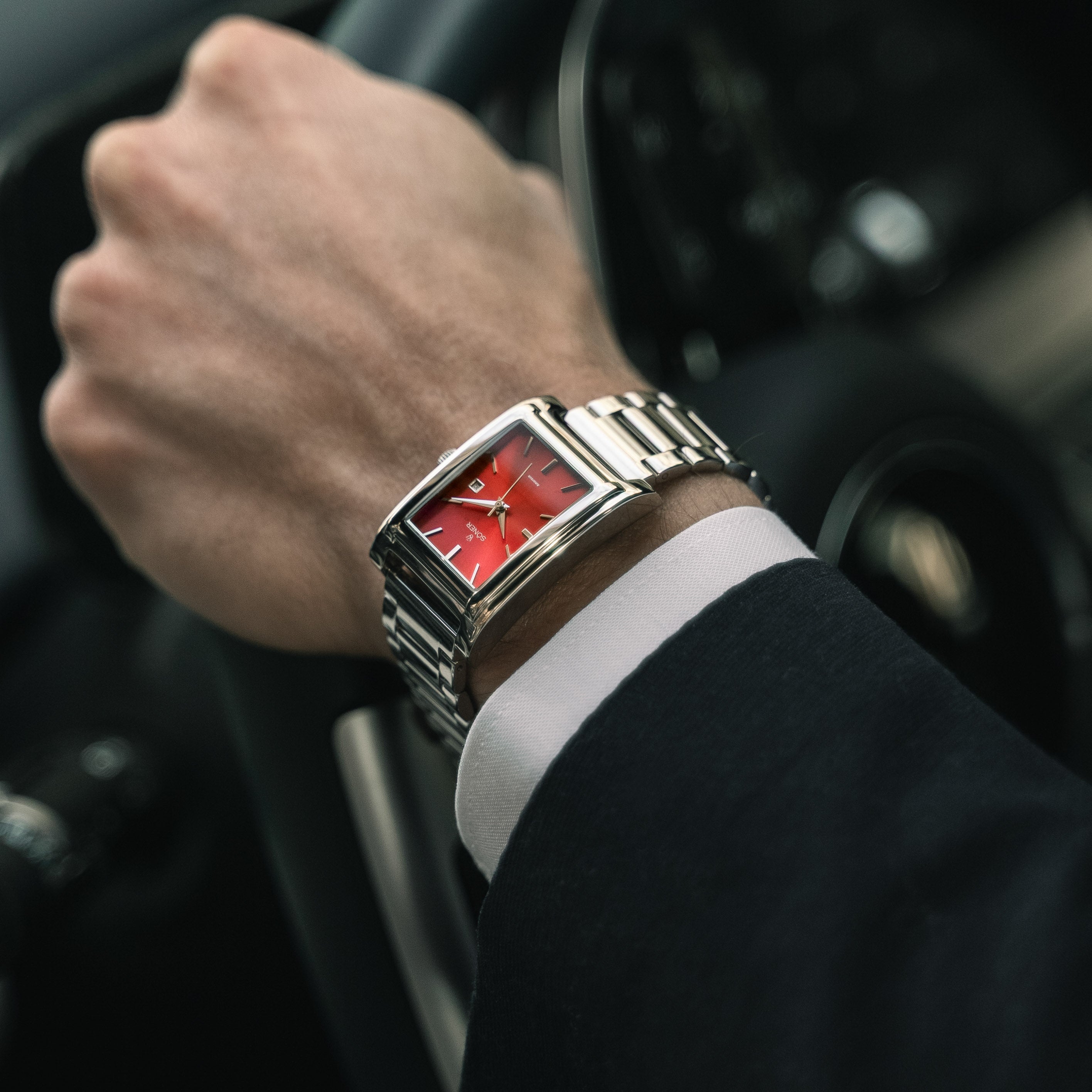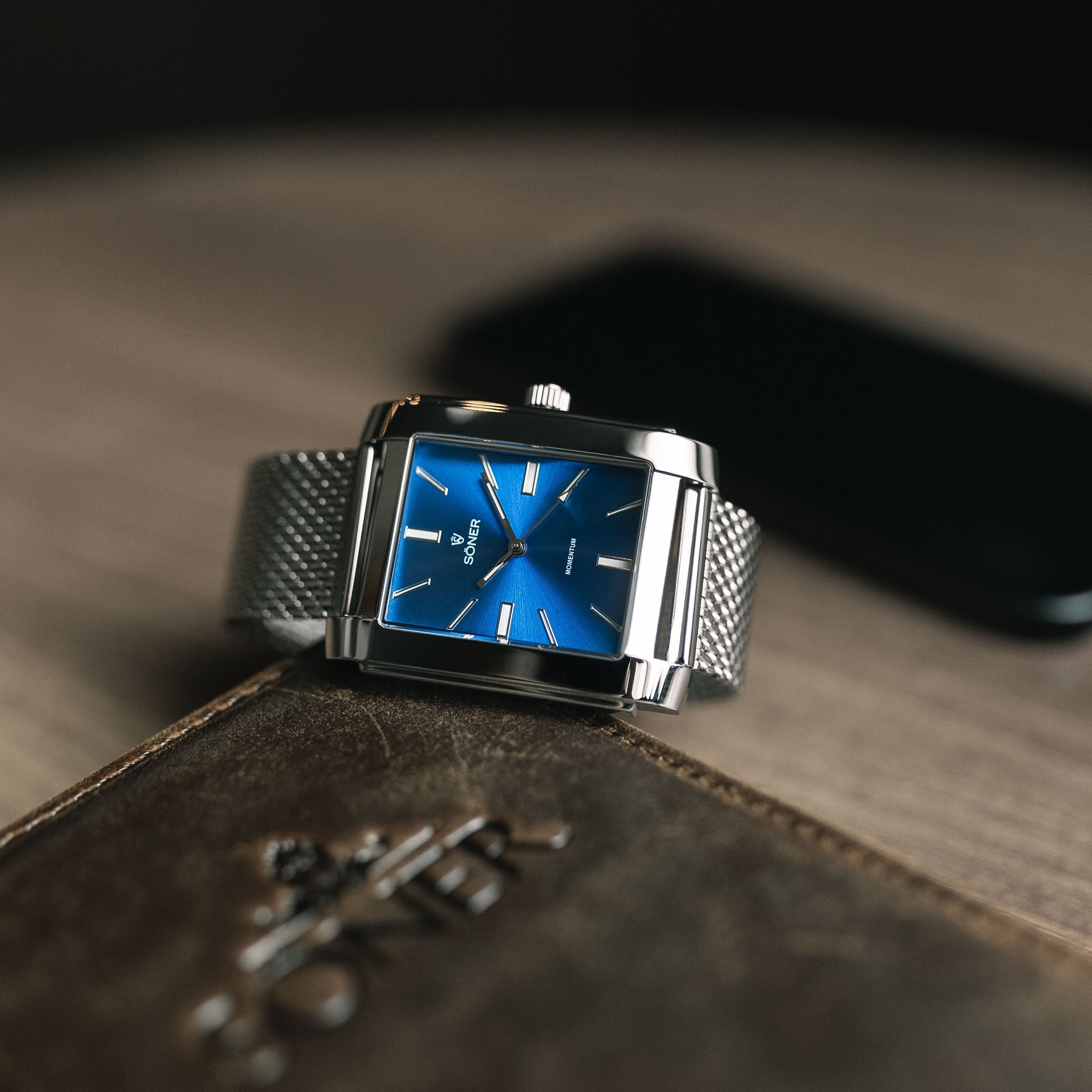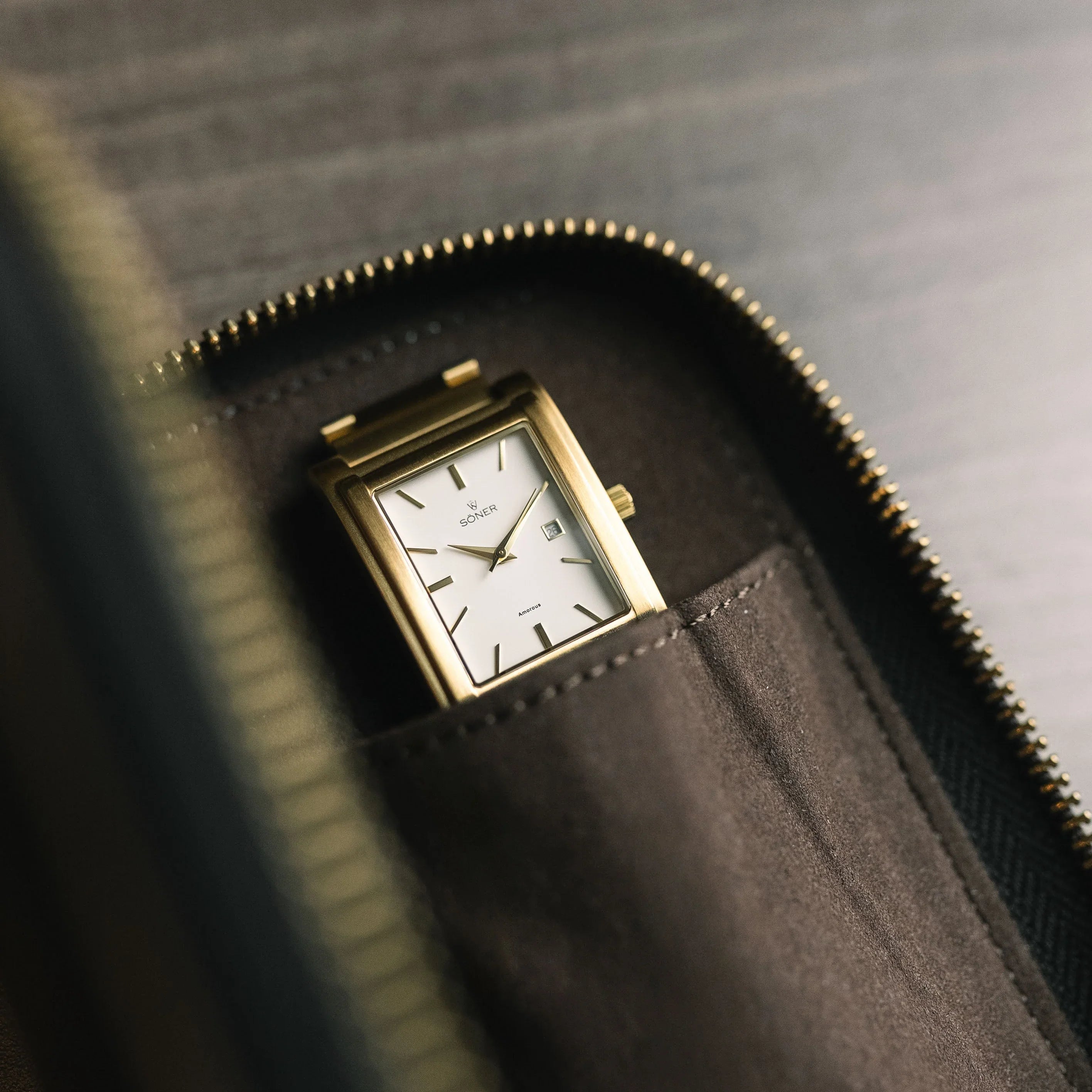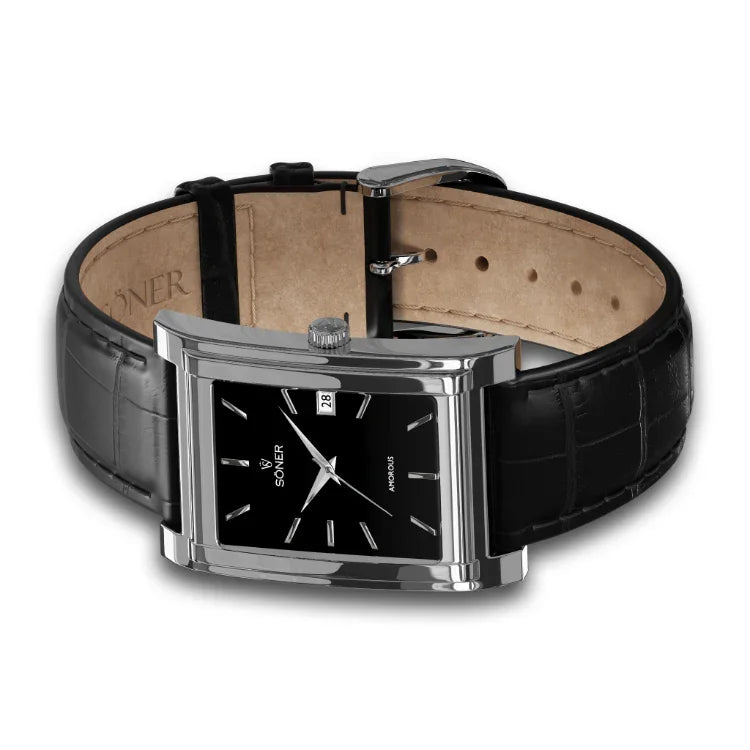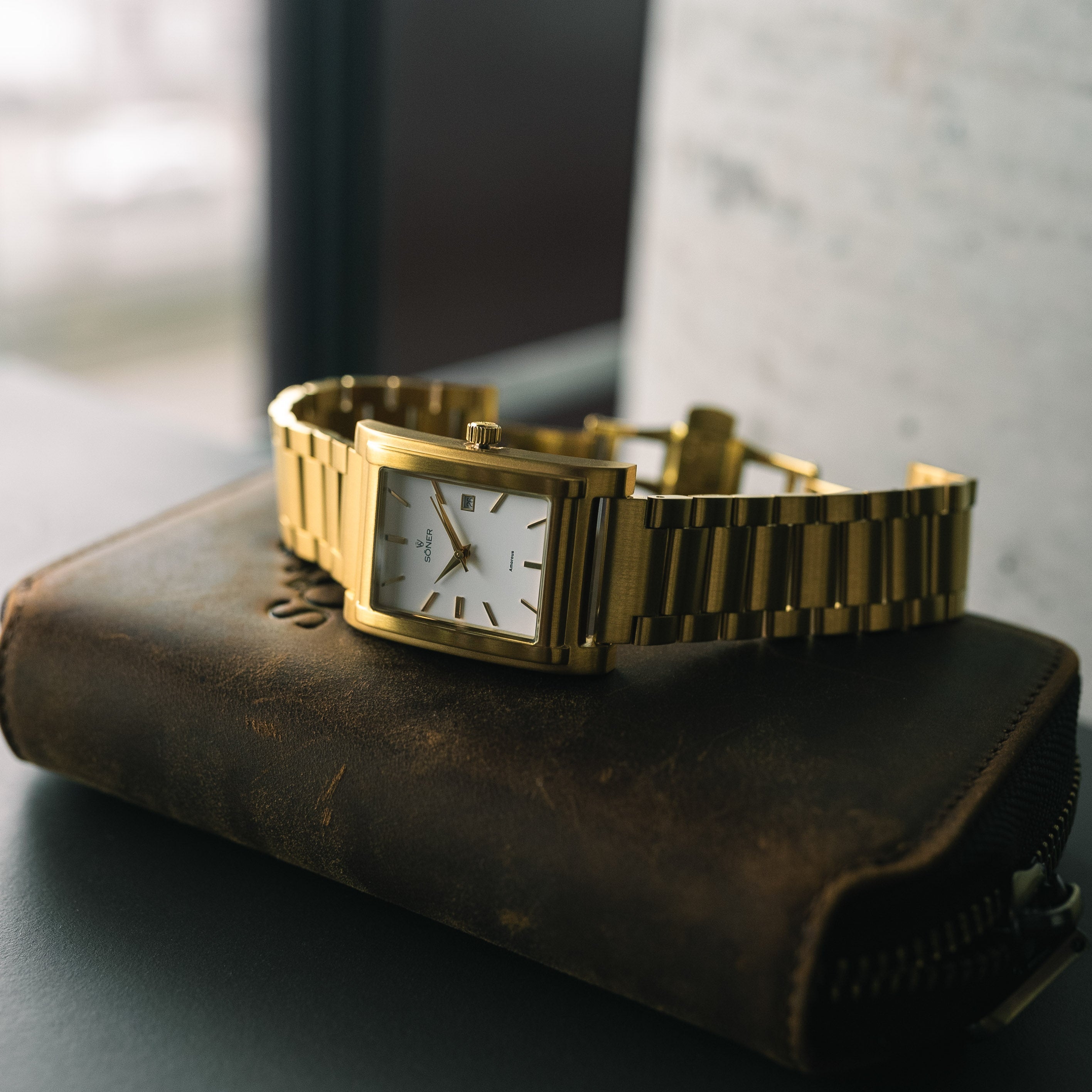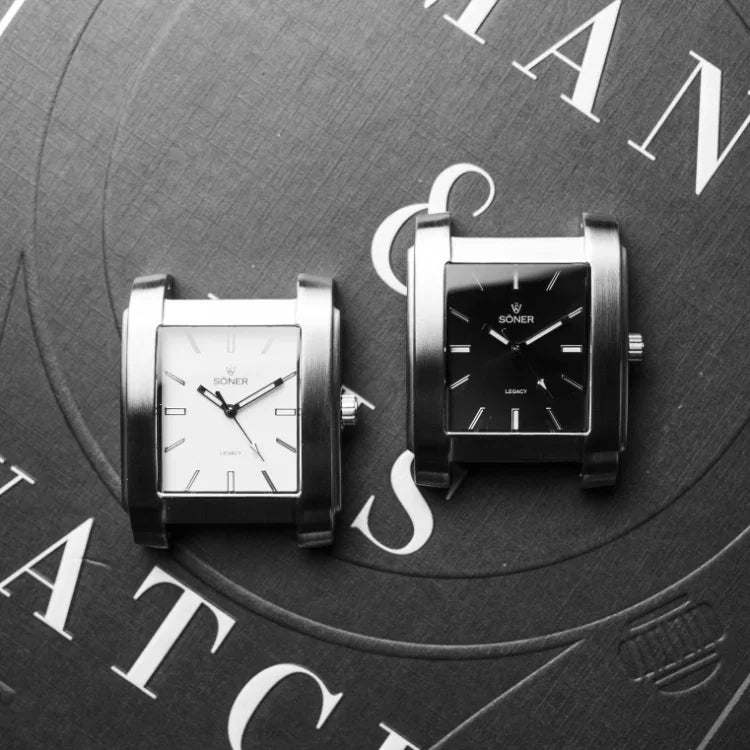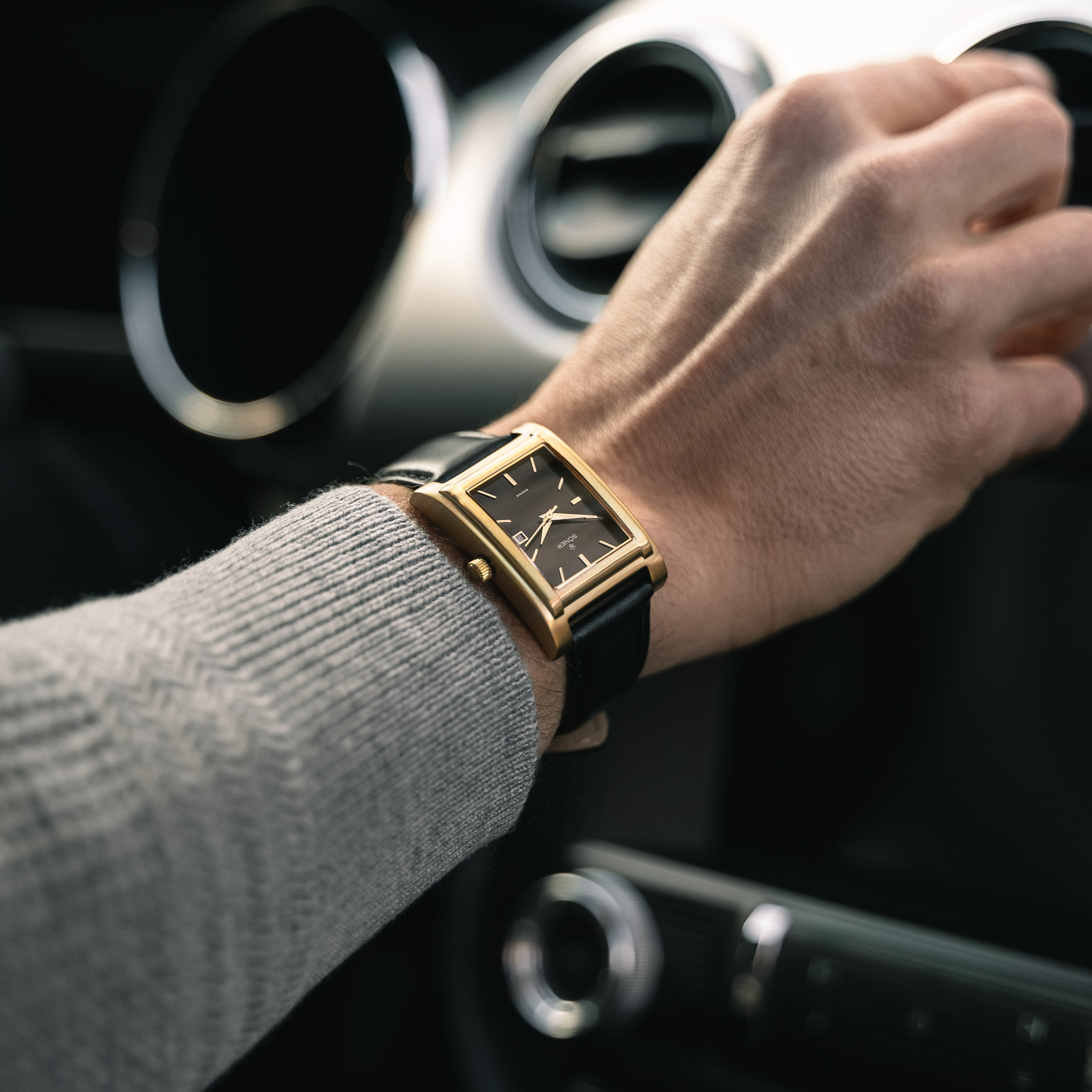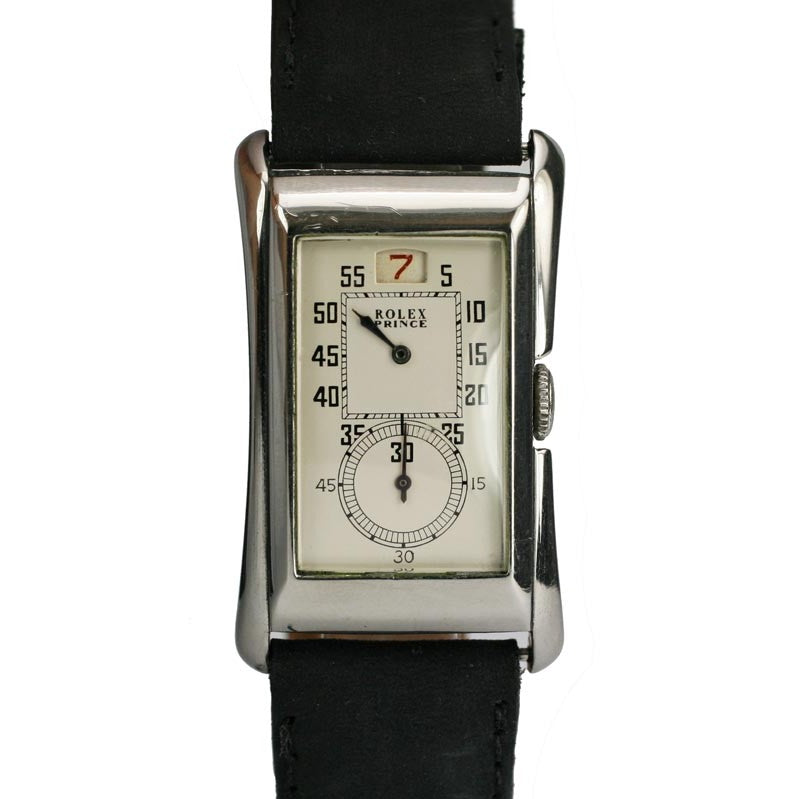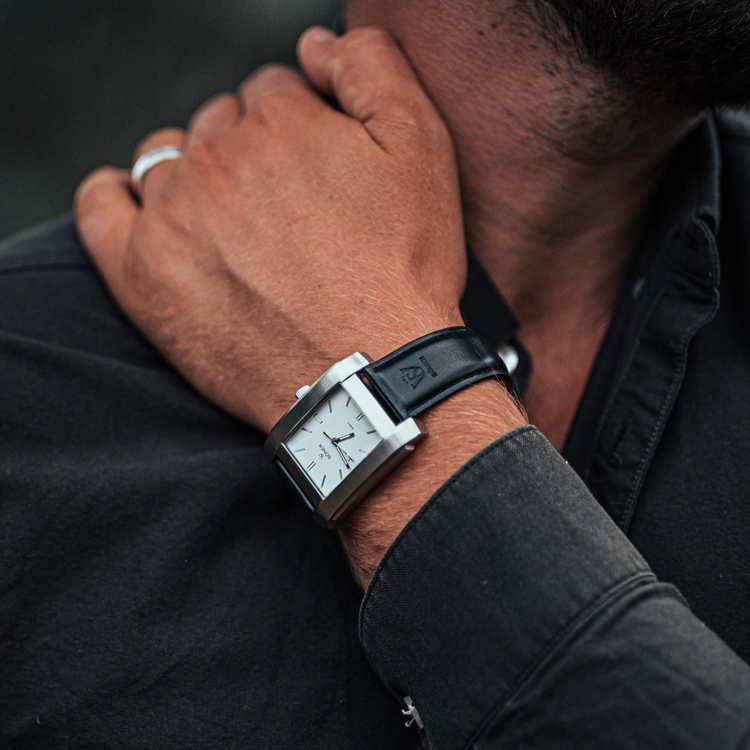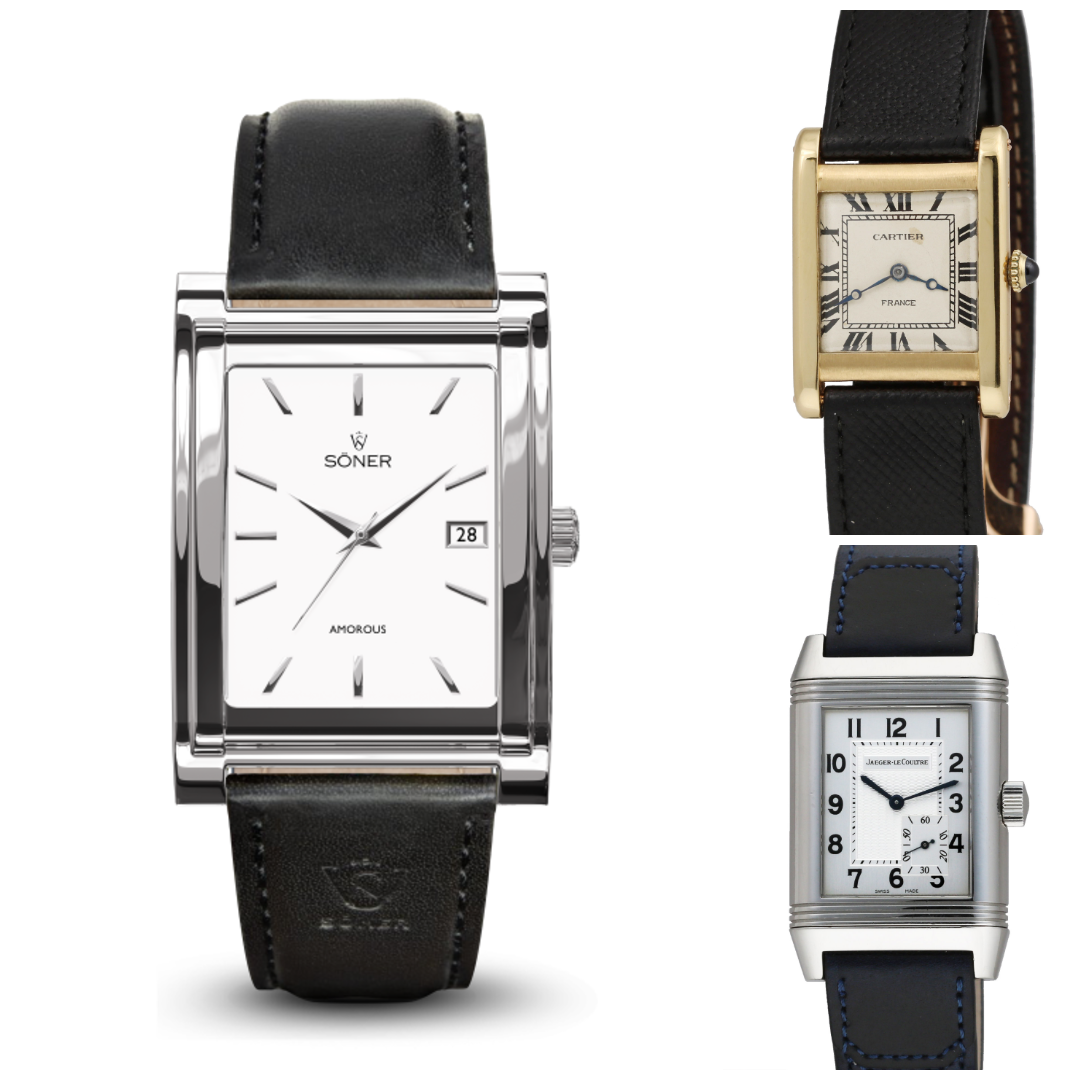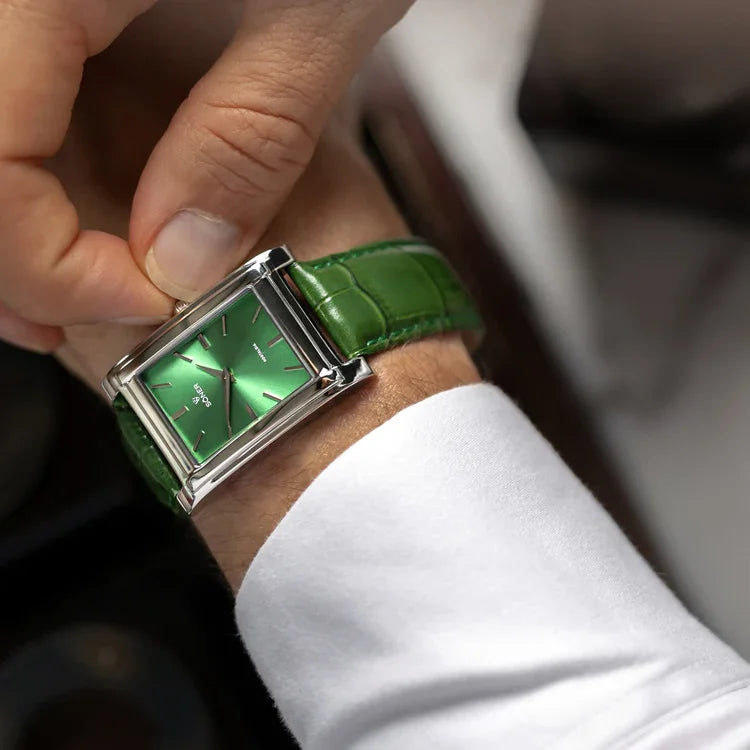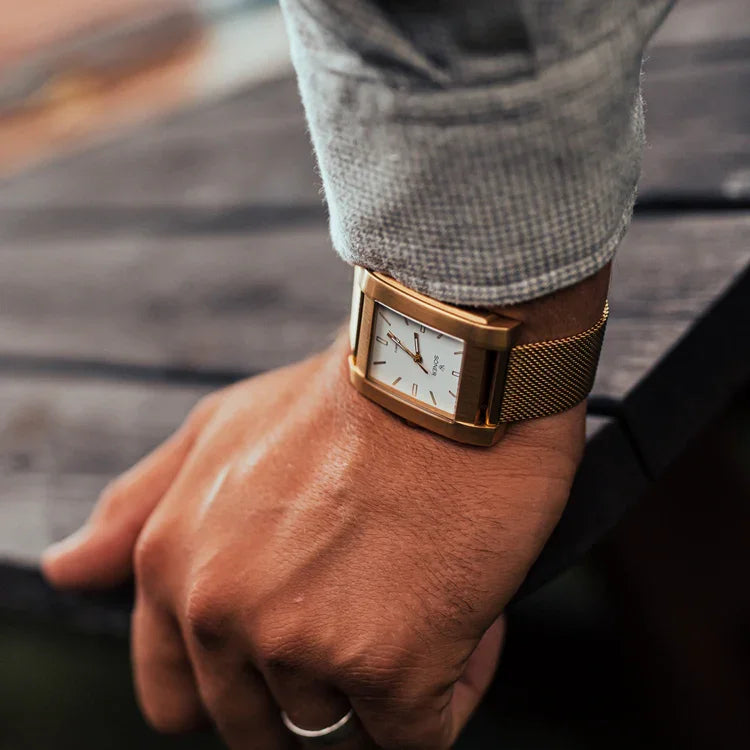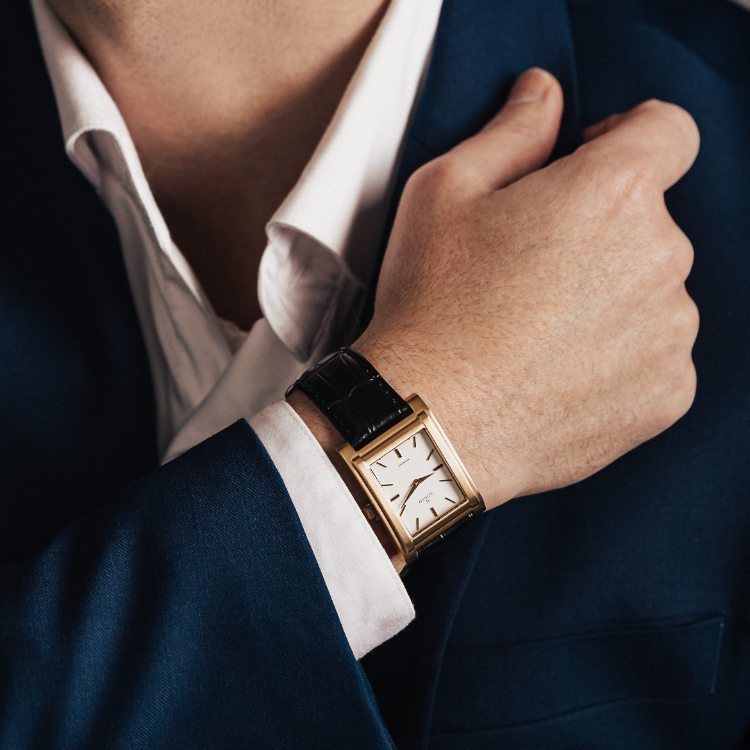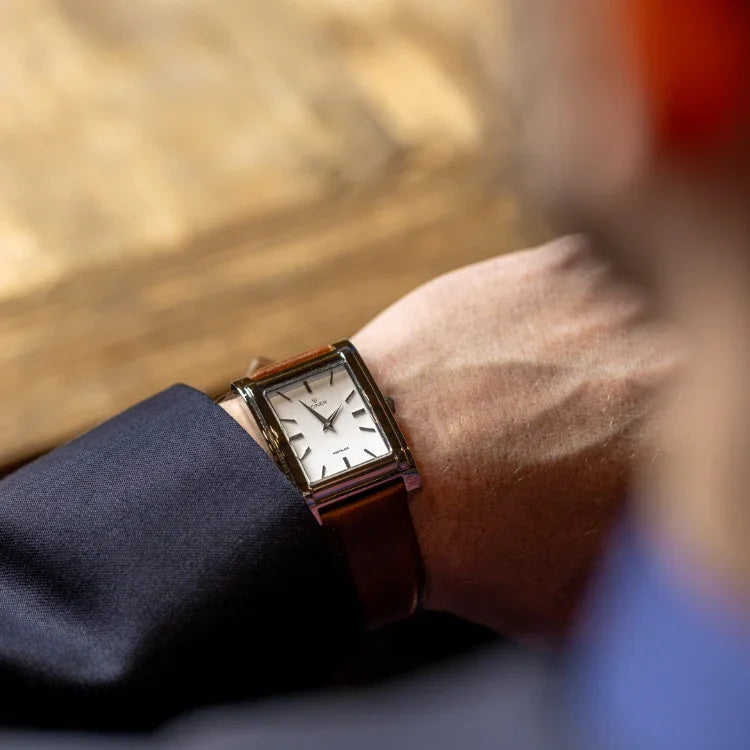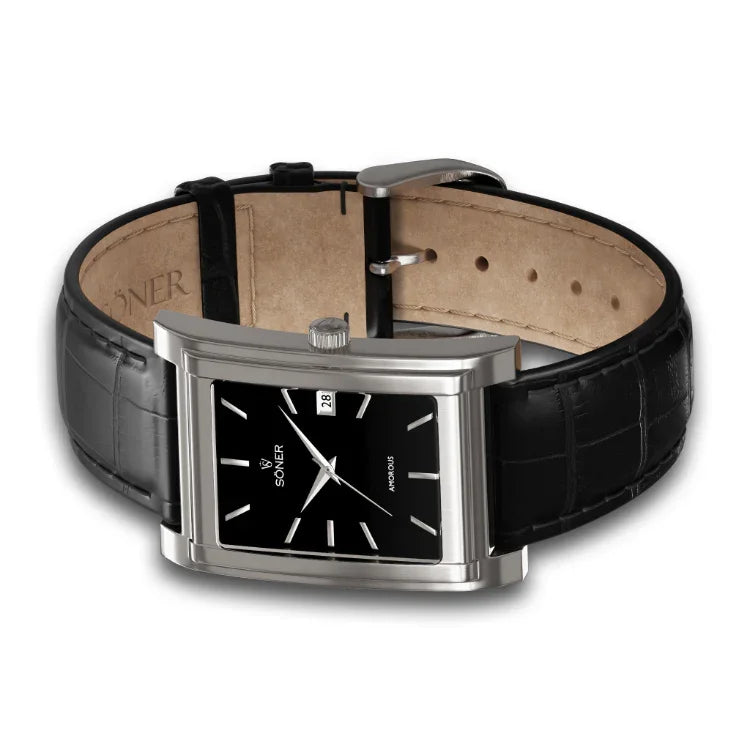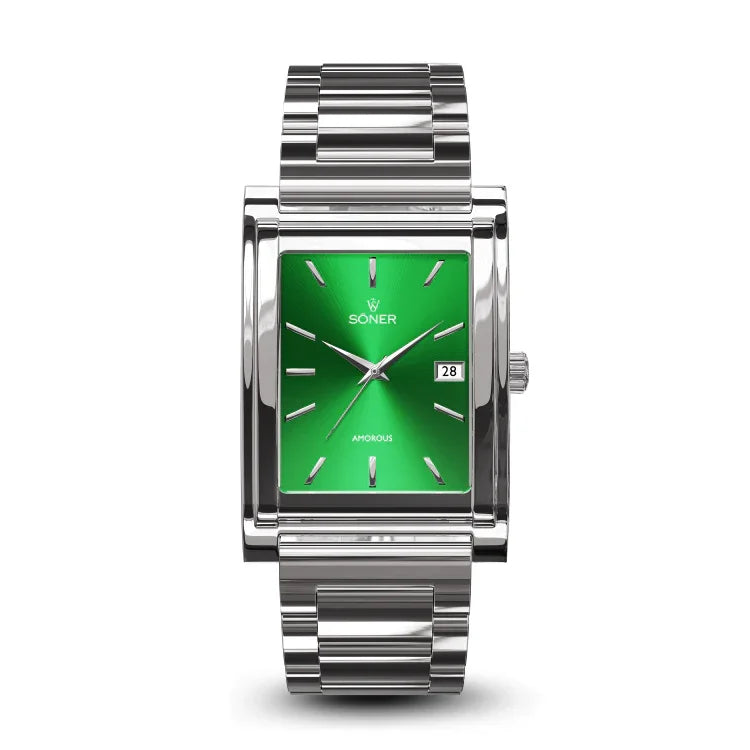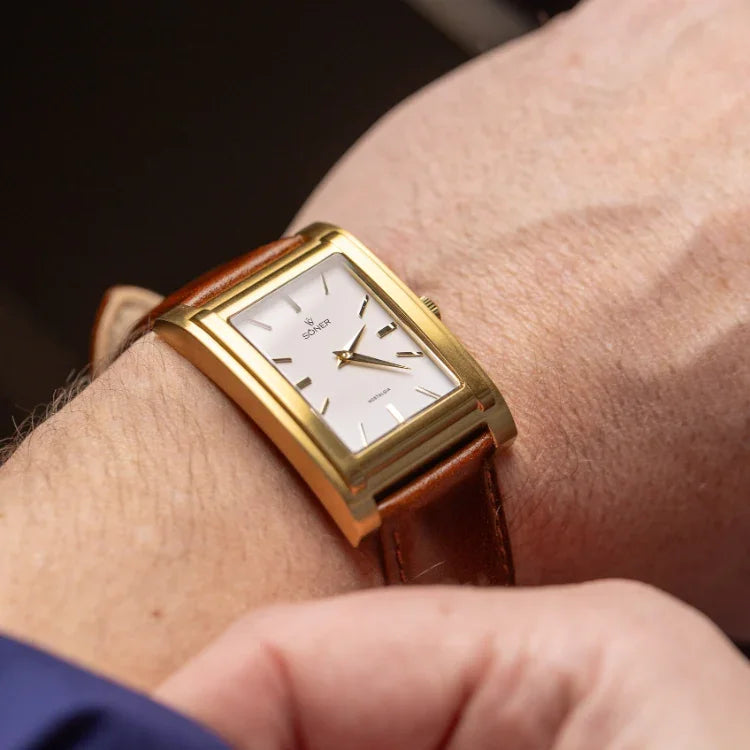Quartz vs Mechanical Automatic Watches
In the world of horology, the debate between quartz, mechanical, and automatic watches is a longstanding one. Each type of watch movement offers unique characteristics, benefits, and drawbacks that appeal to different types of watch enthusiasts. Understanding these differences is key to choosing the right timepiece for your needs and preferences. This comprehensive guide delves into the intricacies of each watch type, comparing their mechanisms, advantages, and ideal use cases.

Understanding Watch Movements
Quartz Watches
Quartz watches are renowned for their precision and affordability. They operate using a quartz crystal oscillator, which is powered by a battery. The quartz crystal vibrates at a consistent frequency when an electric current is applied, driving the watch hands with remarkable accuracy. This technology revolutionized the watch industry in the 1970s, making accurate timekeeping accessible to the masses.
The primary advantage of quartz watches is their precision. They typically lose only a few seconds per month, making them more accurate than their mechanical and automatic counterparts. Additionally, quartz watches require minimal maintenance, as they do not have the complex mechanisms found in mechanical watches. Battery replacement is usually the only upkeep needed.
Quartz watches are also generally more affordable than mechanical or automatic watches. This makes them an attractive option for those who want a reliable timepiece without a significant financial investment. However, some purists argue that quartz watches lack the craftsmanship and tradition associated with mechanical movements.

Mechanical Watches
Mechanical watches are celebrated for their intricate craftsmanship and historical significance. These watches operate without a battery, relying instead on a mainspring that must be wound by hand. The energy stored in the mainspring is released through a series of gears and springs, driving the watch hands.
The allure of mechanical watches lies in their artistry and the skill required to assemble them. Each component is meticulously crafted, often by hand, and the movement is a testament to the watchmaker's expertise. This makes mechanical watches highly valued by collectors and enthusiasts who appreciate the tradition and heritage they represent.
However, mechanical watches are generally less accurate than quartz watches, typically losing several seconds per day. They also require regular winding and maintenance to ensure optimal performance. Despite these drawbacks, many watch aficionados are drawn to the mechanical watch's charm and the tactile experience of winding the timepiece.
Automatic Watches
Automatic watches, also known as self-winding watches, offer a blend of convenience and traditional craftsmanship. Like mechanical watches, they operate without a battery, but they harness the motion of the wearer's wrist to wind the mainspring automatically. This innovation allows the watch to maintain power without manual winding, provided it is worn regularly.
The primary advantage of automatic watches is their convenience. They combine the artistry of mechanical movements with the practicality of not needing daily winding. This makes them a popular choice for those who appreciate the craftsmanship of mechanical watches but desire the ease of use found in quartz watches.
Automatic watches share many of the same maintenance requirements as mechanical watches, including periodic servicing to ensure the movement's longevity and accuracy. While they are generally more accurate than mechanical watches, they still do not match the precision of quartz movements.
Comparing the Key Differences
Accuracy
When it comes to accuracy, quartz watches are the clear winners. Their electronic movements ensure that they keep time with minimal deviation. Mechanical and automatic watches, while precise in their own right, cannot match the consistency of quartz technology. For those who prioritize exact timekeeping, quartz is the preferred choice.
Maintenance
Quartz watches require the least maintenance, with battery replacement being the primary concern. Mechanical and automatic watches, on the other hand, need regular servicing to maintain their intricate movements. This includes lubrication, cleaning, and adjustments to ensure optimal performance. The maintenance demands of mechanical and automatic watches are often seen as part of their charm, offering a deeper connection to the timepiece.
Cost
In terms of cost, quartz watches are generally the most affordable option. Their simpler construction and widespread production make them accessible to a broad audience. Mechanical and automatic watches, with their complex movements and artisanal craftsmanship, often come with a higher price tag. However, they are also seen as investments, with many models appreciating in value over time.
Choosing the Right Watch for You
Lifestyle Considerations
Your lifestyle plays a significant role in determining the best watch type for you. If you lead an active lifestyle and require a watch that can withstand rigorous activities, a quartz watch may be the best choice due to its durability and low maintenance. For those who appreciate the artistry and tradition of watchmaking, a mechanical or automatic watch may be more appealing.
Personal Preferences
Personal preferences also influence the decision-making process. Some individuals are drawn to the precision and reliability of quartz watches, while others prefer the tactile experience and historical significance of mechanical and automatic watches. Consider what aspects of a watch are most important to you, whether it be accuracy, craftsmanship, or convenience.

Budget Constraints
Budget is another crucial factor when selecting a watch. Quartz watches offer excellent value for money, providing reliable timekeeping at an affordable price. Mechanical and automatic watches, while more expensive, offer a unique blend of artistry and tradition that many collectors find worth the investment. Determine your budget and weigh the benefits of each watch type accordingly.
Conclusion
The choice between quartz, mechanical, and automatic watches ultimately depends on individual preferences and priorities. Each type of watch offers distinct advantages and appeals to different segments of watch enthusiasts. Whether you value precision, craftsmanship, or convenience, understanding the differences between these watch movements will guide you in selecting the perfect timepiece to complement your lifestyle and taste.
In the ever-evolving world of watches, the debate between quartz, mechanical, and automatic movements continues to captivate horology enthusiasts. By considering the unique attributes of each type, you can make an informed decision and find a watch that not only meets your functional needs but also resonates with your personal style and appreciation for the art of timekeeping.

As you contemplate the unique attributes of quartz, mechanical, and automatic watches, why not embrace a timepiece that stands out in originality and design? Söner Watches invites you to Discover our watch collections, where the art of fine watchmaking is redefined through the elegance of rectangular designs. Join us in the pursuit of perfection and individuality with a Söner watch that promises to be as distinctive as your personal style and appreciation for horological artistry.


